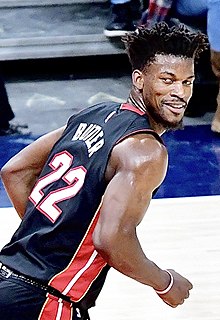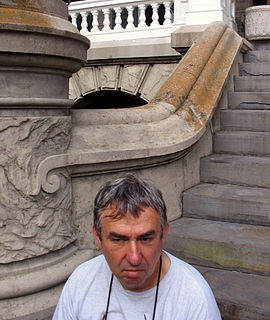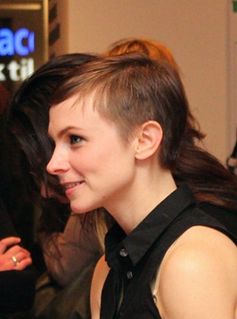A Quote by Alec Soth
Watching my daughter sort of live in this world where a photograph is not something to keep a memory. It's something to just speak with. It's language.
Quote Topics
Related Quotes
In memory, you can access something from the past, anything that you've experienced that you remember - it's there. Now, you might have a memento of it in a photograph or in a film or a building or some clothes that you wore. There might be something that connects you to this memory. But all of us are just all caught in this time, whatever that is.
One of the magical things about photography is the transformation that takes place when you photograph something. Something that inherently has very little going for it in terms of the interest you take in it, can become infinitely more interesting when rendered as a photograph. It's no longer a building. It's a photograph.
The fantastic thing about the theatre is that it can make something be seen that's invisible, and that's where my interest in theatre is- that you can be watching this thing happening with actors and costumes and light and set and language, and even plot, and something emerges from beyond that, and that's the image part that I'm looking for, that sort of added dimension.
Poetry is an intimate act. It's about bringing forth something that's inside you--whether it is a memory, a philosophical idea, a deep love for another person or for the world, or an apprehension of the spiritual. It's about making something, in language, which can be transmitted to others--not as information, or polemic, but as irreducible art.
When you're watching a Bond movie, if there's a violent death, there's something about cleverly chosen twists, or what props are used, or some way that he's doing something that feels like an ironic twist, that feels like it gives the audience permission to enjoy watching it and to enjoy watching something that's otherwise just brutality.
... I'm sort of a nervous person with the camera, so I will just shoot arbitrarily until I can focus and compose something, and then I make a shot. So generally, in [the] proof sheets, there are only three or four really concentrated efforts to take a photograph. It's not like a professional kind of person who sets it up so every photograph looks really cool.
People don't like the music that's out now, that's on their radio stations, and they want to hear something different, but they're just the audience. You know, people will keep the TV on even if a show is on that they hate - because, unfortunately, they've been programmed to do that. [But] they are really looking for something that's gonna speak to the world that they're living in. That's what people are looking for, but they're not finding it.
I have a very specific memory of watching 'Singing in the Rain,' and looking at myself in the mirror after watching it and perceiving myself as one of those people that I was just watching on T.V. It was just kind of a knowing that this would be the world that I would enter into. And that's what I did.
The minute you start saying something, 'Ah, how beautiful! We must photograph it!' you are already close to view of the person who thinks that everything that is not photographed is lost, as if it had never existed, and that therefore, in order really to live, you must photograph as much as you can, and to photograph as much as you can you must either live in the most photographable way possible, or else consider photographable every moment of your life. The first course leads to stupidity; the second to madness.



































